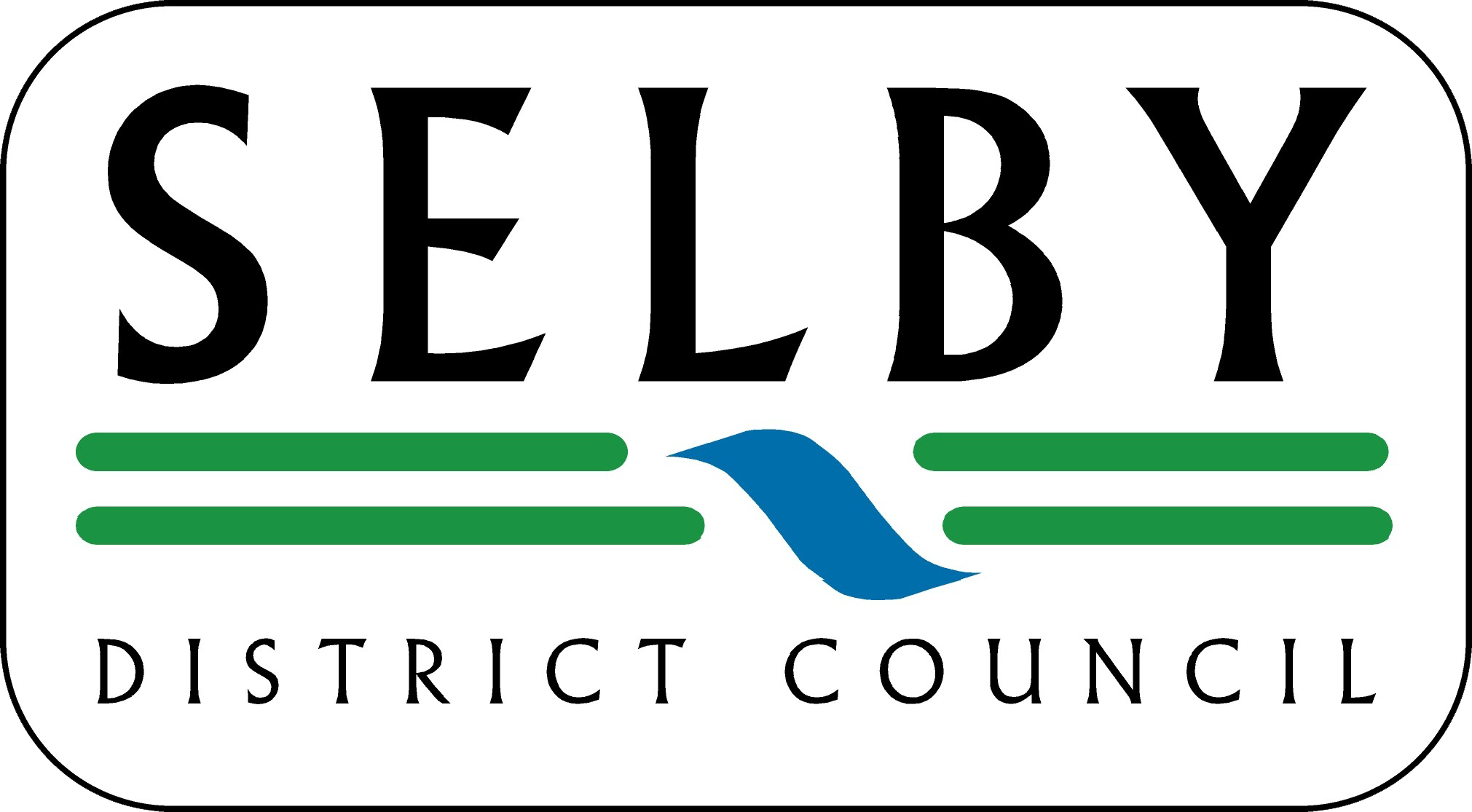Agenda item
Policy Review Low Carbon Working Group - Draft Low Carbon Action Plan (PR/20/5)
To receive an update on the work of the Low Carbon Working Group and ask the Policy Review Committee to endorse the Draft Low Carbon Action Plan.
Minutes:
The Committee received the report of the Senior Policy and Performance Officer which asked Members to endorse the Draft Low Carbon Action Plan.
Officers thanked the Committee for their work as part of the Low Carbon Working Group which had been proactive and collaborative. The group had met on five occasions (16 January 2020, 27 February 2020, 23 June 2020, 28 July 2020 and 6 October 2020), with updates from the group being a standing agenda item on Policy Review Committee meetings.
ThePolicy Review Low Carbon Working Group had developed a draft Action Plan which detailed actions which the Council could take in order to reduce its carbon footprint. The Action Plan focused on those actions which the Council could directly deliver, as well as those it could influence, through collaboration with others.
The Committee noted that APSE (Association of Public Service Excellence) had been commissioned to undertake work on calculating the Council’s carbon footprint (based on 2018-19 data) and had calculated the Council’s scope 1 and 2 emissions. Scope 1 (direct) emissions were from activities owned or controlled by the Council. Examples included emissions from combustion in Council owned or controlled boilers, furnaces and vehicles. Scope 2 (indirect) emissions were associated with purchased electricity, heat, steam and cooling. They were a consequence of the Council’s energy use but occurred at sources that the Council did not own or control. Examples included grid supplied electricity and heat provided through a heat network. The Council’s annual carbon footprint was calculated at 418 tonnes. Scope 1 emissions made up 38% (160 tonnes) and scope 2 emissions 62% (257 tonnes).
Officers also informed Members that at Council on 22 September 2020 £1.2 million Programme for Growth funding over three years had been agreed for project feasibility and delivery, and £135k for a dedicated Officer resource.
Members discussed the report and agreed that the work of the group had been collaborative and cross party, and that it should continue following consideration by the Executive in December.
The Committee queried the potential for tree planting at Burn Airfield and joint working with the LEP (Local Enterprise Partnership) for the development of a low carbon economy.
The Deputy Leader was in attendance at the meeting and confirmed that he would speak on the matter at the Executive meeting in December. In response to a question from the Deputy Leader, Officers confirmed that the 418t carbon footprint of the Council did not include outsourced services.
The Chair of the Committee asked about the impact of these low carbon interventions, and while he supported the action plan he also accepted that the Council was dependent on outside contractors, for services such as waste and recycling, to reach the target of being carbon neutral by 2030. In addition, the Chair expressed concern that by increasing use of green technology and interventions such as solar panels and electric vehicles, the Council would be unwittingly generating carbon elsewhere, for example, in their manufacture.
Officers responded by explaining that the calculation of the Council’s carbon footprint did not include emissions from manufacturing the interventions because this would fall under Scope 3, which was outside of the scope of this piece of work. APSE could be asked to look at Scope 3 emissions as a separate commission, but it was difficult to obtain the raw data for this as it was heavily reliant on third party information being submitted, i.e. by organisations delivering outsourced services and contractors, and could take some time.
The Committee noted that the approach that APSE had taken in producing the report was a standard methodology that had been used across the country in other local authority areas. Scope 3 data was problematic, mainly due to the amount of time it would take to collect. The elements included in Scopes 1 and 2 would have a positive effect. Officers went on to explain that some local authorities had tried to trace their carbon footprint for everything, but it had proved problematic in places.
The Chair asked that his concerns around gathering further data be noted and asked the Committee if they wished for this additional information to be gathered. The general consensus from the Committee was that the action plan as set out should be submitted to the Executive and the work be taken forward, without the need for the additional data.
RESOLVED:
The Policy Review Committee endorsed the Draft Low Carbon Action Plan for submission to the Executive at their meeting in December 2020.
Supporting documents:
-
Report: Policy Review Low Carbon Working Group - Draft Low Carbon Action Plan, item 12.
 PDF 504 KB
PDF 504 KB -
Appendix A: Draft Selby District Council Low Carbon Action Plan, item 12.
 PDF 372 KB
PDF 372 KB -
Appendix B: APSE Carbon Reduction Pathway Report, item 12.
 PDF 170 KB
PDF 170 KB
